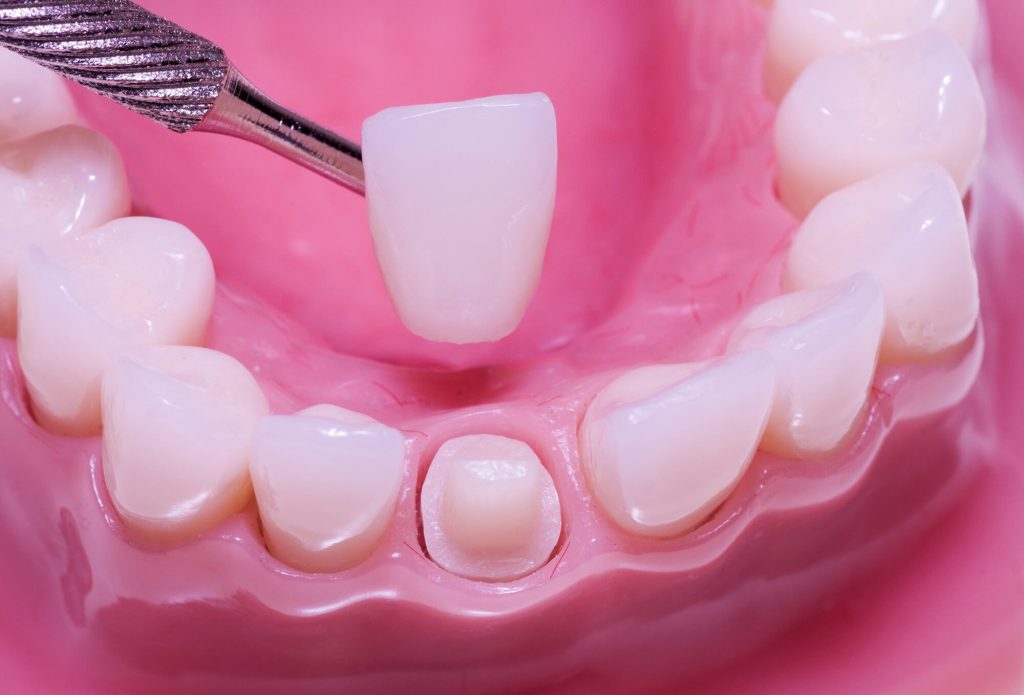In the realm of dental restoration, “all-ceramic crowns” have emerged as an exemplary choice, captivating both patients and practitioners alike. But why are these porcelain wonders so highly recommended by dental professionals? This article will explore the myriad advantages of all-ceramic crowns, their applications, and the beauty they bring to restorative dentistry.
What Are All-Ceramic Crowns?
All-ceramic crowns are comprehensive restorations that cover the entire surface of the tooth crown without any metallic inner crown. Crafted from high-strength porcelain that closely resembles the natural color of teeth, these crowns offer a more aesthetically pleasing alternative to traditional metal-ceramic restorations. Their translucent quality mirrors that of natural teeth, allowing for a remarkably lifelike appearance. Additionally, all-ceramic crowns are gentle on surrounding tissues, reducing any potential irritation that may affect the gums.
When is an All-Ceramic Crown Necessary?
1. Discoloration of Teeth
Teeth that exhibit yellow or gray hues can greatly benefit from all-ceramic crowns, as they restore both appearance and chewing functionality.
2. Developmental Anomalies
Conditions such as hypoplastic enamel, microdontia, or irregular spacing among teeth can be visually corrected through all-ceramic restoration, reviving their ideal shape and color.
3. Significant Tooth Loss
In cases where there is extensive tooth damage, all-ceramic crowns can effectively reconstruct the tooth’s aesthetic and functional capabilities.
4. Post-Treatment Restoration
Many dental procedures can leave residual problems such as discoloration after root canal treatment. An all-ceramic crown can alleviate these issues, ensuring the tooth remains both functional and beautiful.
5. Trauma-Related Tooth Fractures
Provided the root length is sufficient and periodontal health is stable, all-ceramic restorations can offer solutions for fractured teeth following comprehensive root canal therapy.
6. Tooth Replacement
For missing teeth, all-ceramic crowns can be affixed to adjacent teeth, referred to as abutment teeth, to create a stable and aesthetically pleasing fixed bridge.
The Advantages of All-Ceramic Crowns

1. Natural Appearance
All-ceramic crowns boast excellent translucency and light refraction, creating a stunning aesthetic that mimics natural teeth, right down to the cervical area.
2. Biocompatibility
The physical properties of ceramics are neutral in the oral cavity, harmonizing seamlessly with the body’s biological structure. This minimizes the risk of metal allergies and prevents gum inflammation or discoloration.
3. Durable Chewing Force Resistance
Thanks to their intricate and refined manufacturing process, all-ceramic crowns exhibit compressive strength comparable to that of metal-ceramic crowns, ensuring they can withstand the rigors of chewing without the worry of chipping.
4. Protective Qualities
The hardness of all-ceramic crowns is similar to that of natural enamel, which means they cause minimal abrasion to the remaining tooth structure, helping preserve as much of the natural tooth as possible.
5. Wide Applicability
All-ceramic crowns are suitable for various dental issues, including misaligned teeth, which have large gaps, or those that are broken or missing altogether.
A Final Note on Dental Quality
It is crucial to understand that the application of all-ceramic crowns requires a high level of skill and specialized equipment. Therefore, selecting a reputable clinic or dental practice is essential to achieving optimal restorative results.













































Discussion about this post